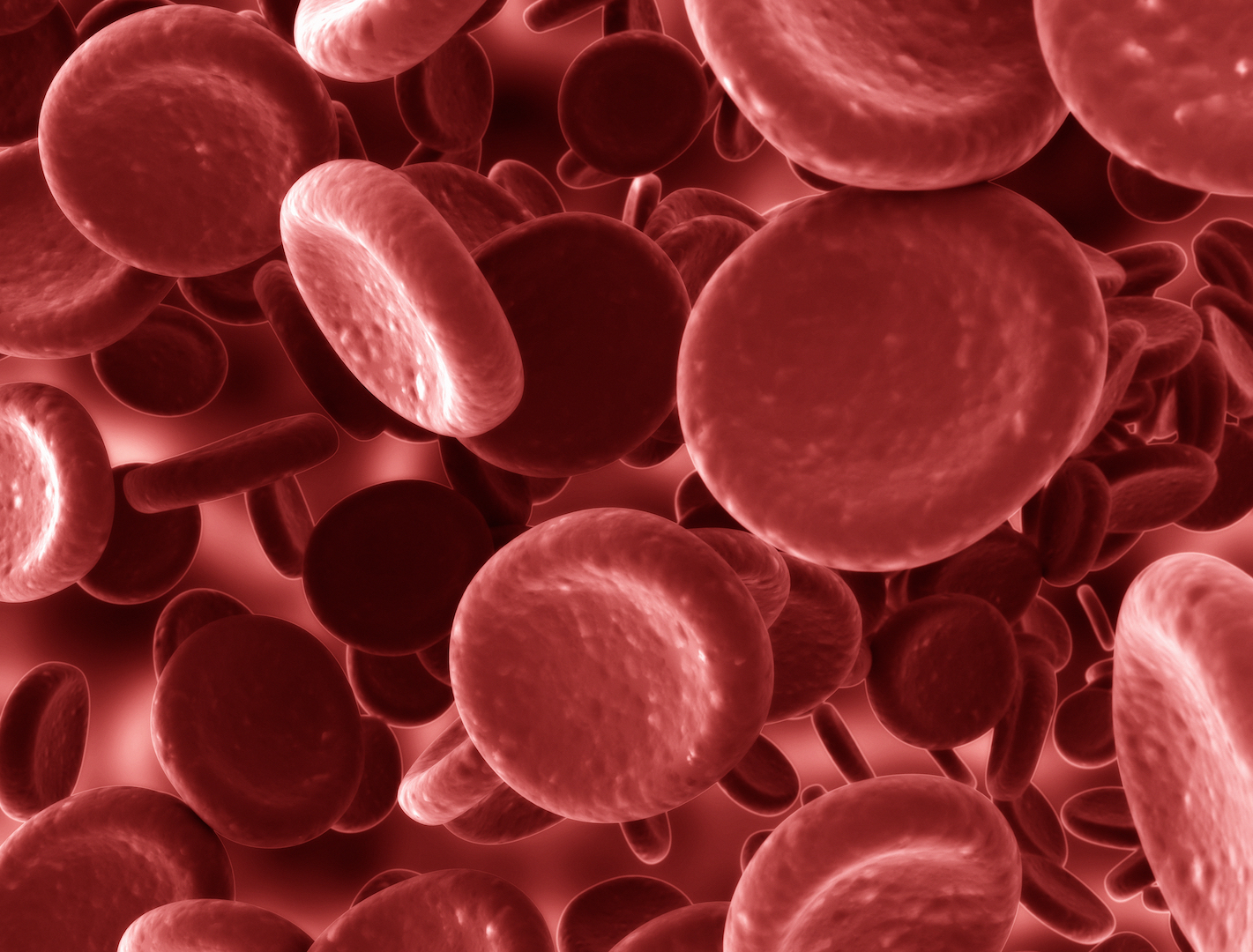
Bell pepper is sweeter compared to other varieties of pepper, which are spicy; this is the reason behind its booming popularity worldwide. It contains the goodness of various nutrients that help combat several health problems, including skin disorders, poor eyesight, and even cancer. Low in calories, bell peppers can also be a perfect addition to your weight-loss diet.
Read on to know more about the health benefits of bell peppers!
Bell peppers are commonly known as “sweet peppers” or simply “Capsicum” in India. They are scientifically known as Capsicum annuum, and they belong to the pepper family. Bell pepper has earned its name due to its plump and bell-shaped appearance. It appears glossy and comes in vivid colors including red, yellow, green, orange, purple, and brown. Bell pepper belongs to a family of foods known as nightshade vegetables. Botanically, bell pepper is a fruit, but nutritionally, it is a vegetable.

Bell peppers are native to America, and farmers cultivate them widely in Central and South America. After the Spanish and Portuguese came to America in the 16th century, they spread the idea of bell pepper cultivation in Europe. Later on, the Europeans introduced bell peppers to India during the colonial period.
The first successful, large-scale cultivation of bell peppers was in Shimla, which is why they are colloquially called “Shimla Mirch” in India. India’s primary bell pepper-growing regions are Tamil Nadu, Karnataka, Himachal Pradesh, and Uttar Pradesh. Some areas that cultivate them all through the year in greenhouses are Pune, Bangalore, and Karnataka. Bell peppers are also grown on a limited scale in the states of Kerala, Andhra Pradesh, Maharashtra, West Bengal, Gujarat, and Goa.
-Bell peppers grow in regions where the average temperature ranges between 21 to 25 degrees Celsius.
-The sweeter a bell pepper tastes, the higher its price.
-The name “pepper” comes from Europeans when Christopher Columbus was importing it to Europe from America.
-Paprika is the dried and powdered form of bell peppers.
In India, bell peppers are mostly present in green, yellow, and red colors. Green bell peppers are the most commonly harvested, as they are easily grown and are the cheapest. It has a grassy, mildly sour flavor. Yellow and red bell peppers are ripened forms of green bell peppers. When the green bell peppers are slightly ripe, the color changes to yellow. It turns fully red after it is completely ripe. Thus, red peppers are sweeter and fruitier in flavor.
Bell peppers are the richest source of vitamin C. It also contains beta-carotene, which the body converts to produce vitamin A. Other vitamins present in bell peppers are vitamin B3, vitamin B6, and vitamin E, as well as the mineral iron. Additionally, it contains carbohydrates, mostly in the form of glucose and fructose, which are responsible for the sweet taste of red bell peppers.
Health Benefits of Bell Peppers
Bell peppers contain antioxidants like lutein, zeaxanthin, and quercetin.
Red bell peppers contain capsanthin and lycopene, which give them a red color and have cancer-preventive properties. It also contains folate, which is highly beneficial for pregnant women.
Let us now delve deeper into some of the major health benefits of bell peppers.
Fights Cancer
Bell peppers contain carotenoids such as beta-carotene, which has the potential to reduce the risk of cancer by significantly reducing free radical activity in the body. Carotenoids prevent free-radical-induced cellular damage by capturing and neutralizing them. Red bell peppers contain lycopene, which also helps prevent certain types of cancer, especially prostate cancer in men.
Promotes Weight Loss
Bell peppers contain capsaicin, an active ingredient that boosts metabolism and promotes weight loss. Studies have shown that capsaicin prevents the growth of fat cells in the body which aids weight loss. However, some varieties of bell pepper have a low capsaicin content which does not affect fat burning. Moreover, bell peppers have a low-calorie content so you can consume them without any worry even if you are trying to lose weight.

Prevents Anemia
Anemia is a common condition that occurs due to the body’s reduced ability to carry oxygen. It occurs due to a deficit of Red Blood Cells (RBCs) or hemoglobin in the body. Hemoglobin is the substance in RBCs that carries oxygen from the lungs and transports it throughout the body. We can manage it by consuming bell peppers, as they contain a good amount of iron. Iron helps produce more RBCs in the body. Additionally, bell peppers are a rich source of vitamin C, which increases the absorption of iron in the gut.

Improves Vision
Bell peppers help prevent eye problems like macular degeneration, poor eyesight, cataracts, and retinal damage, which mainly occur due to infections, aging, or excessive stress on the eyes. Lutein and zeaxanthin are the two kinds of carotenoids present in bell peppers that protect the retina from damage and lower the risk of visual impairments. Red bell peppers also contain beta-carotene, which is converted to vitamin A, which helps improve night vision.

Maintains Mental Health
Bell pepper is beneficial in maintaining cognitive health. This is because bell peppers contain vitamin B6 which increases the level of neurotransmitters like serotonin and norepinephrine. As a result, it improves mood, maintains a higher energy level, builds concentration, and regulates learning.
Maintains Skin Hydration
Bell peppers contain carotenoids, which improve skin health and promote collagen production. It contains vitamin E, which keeps the skin fresh and young. It also contains vitamin C, which maintains the moisture of the skin and reduces wrinkles. Additionally, yellow bell peppers contain vitamin B3, or niacin, which helps maintain skin health.

Supports Newborn Growth
Bell peppers contain 14% of the daily recommended amount (RDA) of folate, which is a vital nutrient for pregnant women. This is because folate prevents birth defects and keeps the unborn baby healthy. It also promotes healthy neural tube development, helps the baby grow at an appropriate rate, and aids in normal fetal development.

How to Include Bell Pepper in Your Diet?
Bell peppers are easy to cook and taste great. You can add bell peppers to chutneys and salads. Additionally, people who are on a restrictive diet can eat them as they are low in calories. An example is salsa sauce cooked using bell peppers, popular with many.
Nowadays, bell pepper is a common ingredient in most of the kitchens.

Here we tell you some ways of bell peppers benefits you:
- You can eat bell peppers daily for breakfast to ensure a good intake of various important nutrients.
- You can also add it to soups, stews, and curries for a burst of flavor.
- Due to their sweet and tangy flavor and vibrant color, bell peppers are popularly used in fried rice, noodles, pizza, and pasta.
Thus, bell peppers not only give a fresh flavor to your dishes but also provide numerous health benefits. Do you know any other health benefits of eating bell peppers? Let us know in the comments box below!
Disclaimer: Some people can have an allergy or intolerance to bell peppers. If you experience any kind of allergic reactions like eczema or itching, or if you experience symptoms of intolerance such as vomiting or nausea, immediately visit a doctor.



.png)


